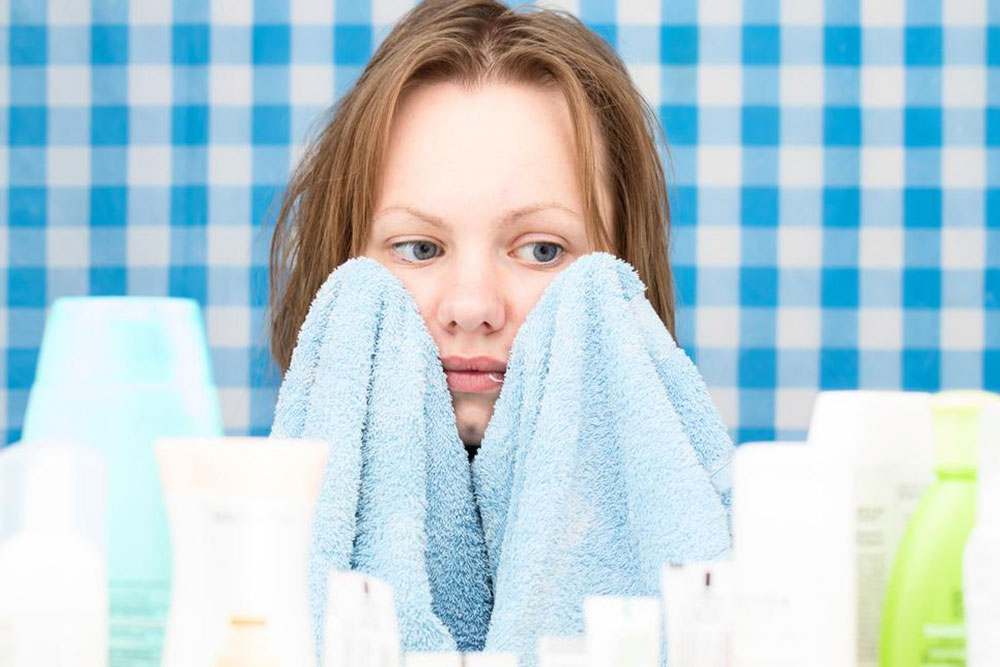Mouth Sores Explained: Causes, Symptoms, and Relief Strategies
Discover comprehensive insights into mouth sores, including their causes, symptoms, and effective remedies. Learn when to seek medical attention and how simple home treatments can alleviate discomfort. Understanding these ulcers helps in proper management and prevention, ensuring better oral health.

Mouth Sores Explained: Causes, Symptoms, and Relief Strategies
Lingering mouth sores are uncomfortable lesions that can appear inside the mouth, affecting people of all ages. They often require time to heal and may have various underlying causes. Accurate diagnosis is essential for effective treatment. This article discusses common indicators, potential causes, and remedies for mouth ulcers.
Causes
Factors such as genetics, nutritional deficits, stress, and environmental triggers can increase the risk of mouth sores. Common catalysts include:
Dental devices like braces
Insufficient intake of vitamins B9, B12, iron, or zinc
High stress levels
Use of certain oral care products with SLS
Allergic responses to oral bacteria
Viral or fungal infections, including herpes
Hormonal fluctuations during menstruation or pregnancy
Lack of adequate sleep
Consumption of acidic foods such as citrus fruits, coffee, berries, pineapple, or chocolate
Minor injuries from dental treatments, sports, bites, or vigorous brushing
Persistent ulcers may hint at underlying health conditions, warranting medical consultation if they do not resolve.
Additional causes encompass:
Celiac disease
Diabetes mellitus
HIV/AIDS infection
Inflammatory bowel diseases like ulcerative colitis
Autoimmune disorders including lupus and Behcet’s disease
Signs and Symptoms
Common signs include:
Painful sores that may be yellow, white, or red
Lesions on the tongue, cheeks, or lips
Discomfort during eating, talking, or drinking
Most mouth ulcers are not contagious, except those caused by infectious agents like hand, foot, and mouth disease. Types include minor (heal in 1-2 weeks), major (longer healing, potential scarring), and herpetiform (clusters resolving within a month).
When to See a Healthcare Professional
Seek medical advice if sores are large, persist beyond three weeks, involve lips, cause severe eating or drinking difficulties, or are accompanied by fever or other systemic symptoms. Unexplained painless sores or recurrent ulcers also require professional evaluation.
Treatment and Home Care
Most mouth ulcers heal naturally, but symptomatic relief can be achieved through simple remedies:
Saltwater rinses: Gargle with a salt solution several times daily to promote healing.
Honey application: Apply honey directly on ulcers to soothe and reduce inflammation.
Baking soda rinse: Dissolve baking soda in water, rinse, then spit out to balance pH and decrease swelling.
Dietary Tips
Consume soft, bland foods that are gentle on the mouth, such as smoothies, mashed foods, and cold treats. Avoid spicy, salty, acidic, or hard foods like nuts, citrus, and tomatoes to prevent irritation.
Note:
The information provided is for educational purposes only and does not substitute professional medical advice. Always consult healthcare providers for proper diagnosis and treatment of mouth sores or related health issues.


